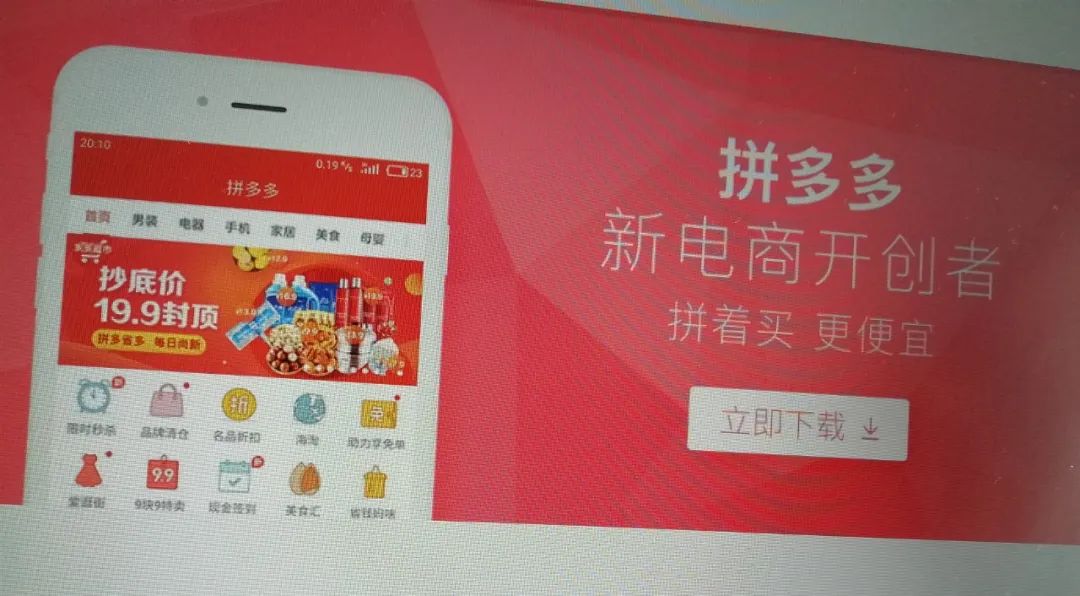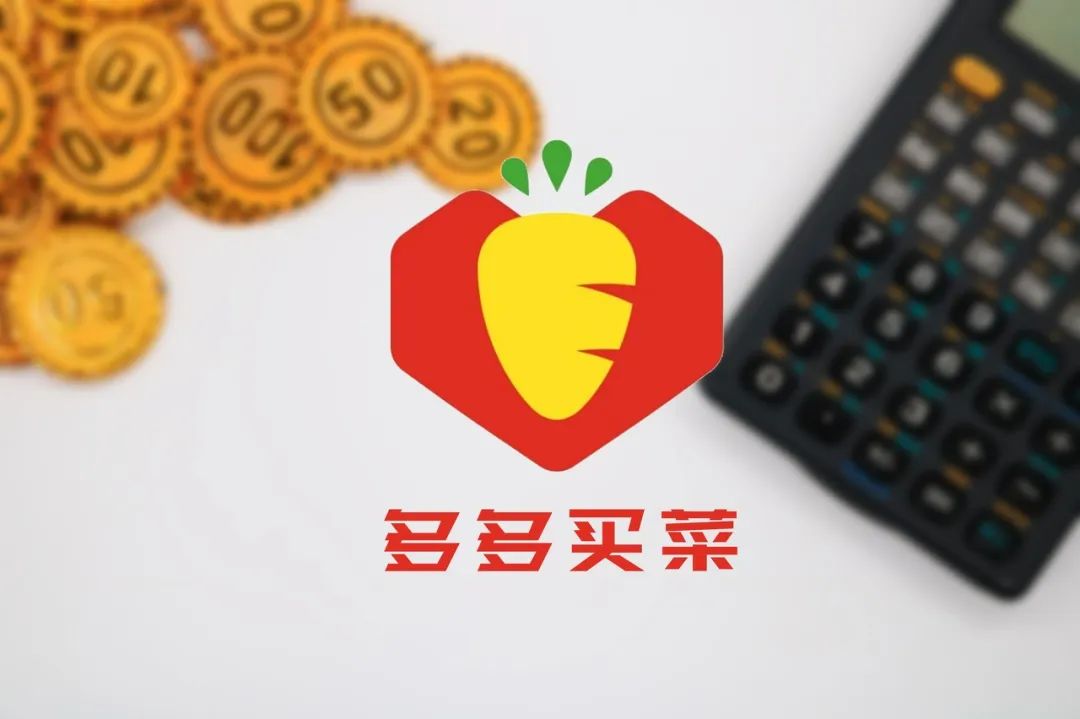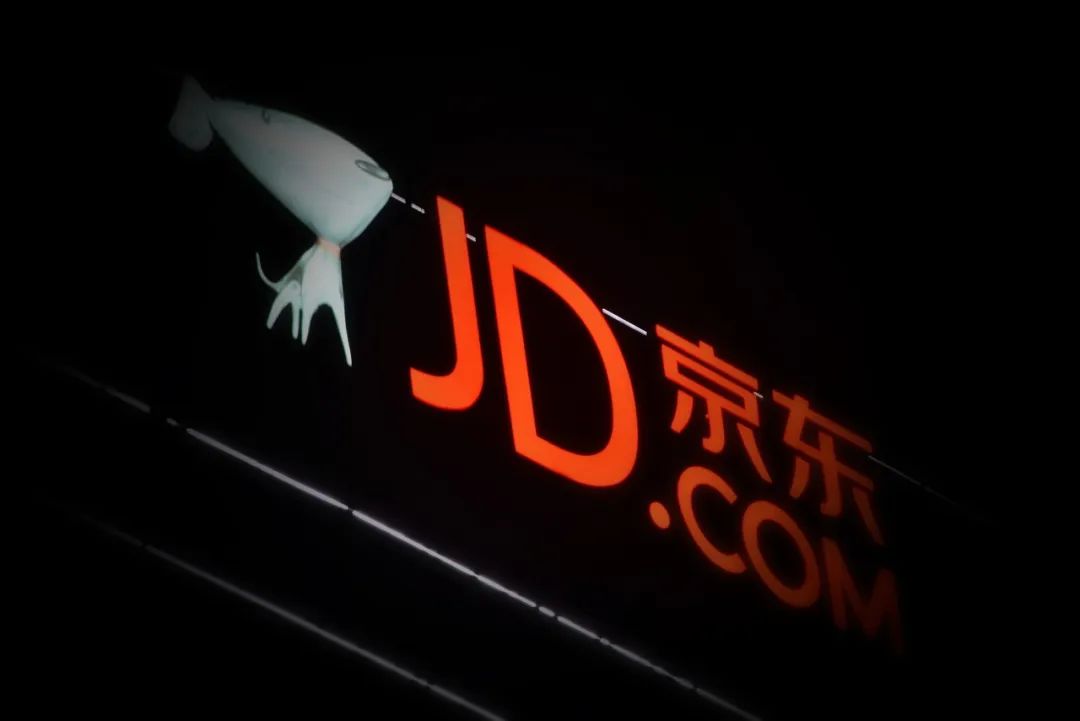Did Pinduoduo lose the right time, place, and people?
![]() 08/28 2024
08/28 2024
![]() 597
597

This was the darkest day for investors since Pinduoduo's listing.
On August 26, Pinduoduo's share price plummeted by 28.51%, erasing over $55 billion in market value. Founder Huang Zheng, who had just become China's richest man, relinquished his top spot to Zhong Shanshan of Nongfu Spring.
Pinduoduo itself lit the fuse. An underwhelming financial report and a self-description of "unsustainable high growth" left investors feeling devastated.
In Q2 2024, Pinduoduo's performance was impressive, with revenue of RMB 97.06 billion, up 86% year-on-year, but still below market expectations of RMB 99.985 billion. Net profit attributable to shareholders was RMB 32.009 billion, up 144% year-on-year.
During the subsequent earnings call, Pinduoduo executives summarized their main points: high growth is unsustainable, and profitability will inevitably decline.
Investors are accustomed to Pinduoduo's rapid growth. Established in 2015, the new e-commerce representative has risen to become one of China's top three e-commerce platforms in just a few years, maintaining remarkable business and revenue growth. It's more than just a dark horse; it's been turned into a myth by the market.
But where are true myths in this world? When super-fast growth becomes unsustainable, investors express their dissatisfaction by selling off shares.
How did Pinduoduo rise? And why is it now facing doubts? The answer lies in the two sides of the coin of "right time, right place, and right people" that Huang Zheng and Pinduoduo capitalized on. So, how should we rationally view Pinduoduo now?
Right Time, Right Place, and Right People
In 2006, Chinese investment guru Duan Yongping paid $620,100 for a lunch with Warren Buffett. At the meal, Duan brought a then-obscure young man.
Later, over 1 billion users would use the products of this young man, and countless people would come to know this new business elite born in the 1980s: Huang Zheng, founder of Pinduoduo.
Before founding Pinduoduo, Huang Zheng was already a legend. He studied at Zhejiang University's Zhu Kezhen College and the University of Wisconsin-Madison, where he became close friends with Ding Lei and Duan Yongping. After graduation, he worked at Google for a few years before striking out on his own in mobile e-commerce, e-commerce agency operations, gaming, and other industries.
In 2015, Huang Zheng founded Pinduoduo, a social e-commerce platform focused on group buying. The following year, it secured investments from IDG Capital, Gaorong Capital, Tencent (00700.HK), and others, embarking on an aggressive expansion fueled by capital. In July 2016, it surpassed 100 million users, rising to become one of China's top three e-commerce platforms. Its GMV also soared, exceeding RMB 4 trillion in 2023.
In 2023, Pinduoduo's revenue was RMB 247.639 billion, up 89.7% year-on-year, with net profit attributable to shareholders of RMB 60.027 billion, up 90.3% year-on-year.

The e-commerce market has seen ups and downs for over 20 years, with trends shifting constantly. So, why did Pinduoduo emerge victorious? In summary, Huang Zheng led the company to capitalize on the right time, place, and people.
From 2015 to 2017, China's e-commerce market moved beyond its initial development stage, with the industry's focus shifting from C2C to B2C and branded e-commerce gaining traction. At the time, numerous white-label merchants urgently sought new e-commerce territories.
After more than a decade of development, e-commerce had achieved high penetration among urban populations, but traditional e-commerce giants had yet to fully tap into the lower-tier markets.
Moreover, social media platforms like WeChat began regulating WeChat business, disrupting the spread of early social e-commerce but preserving the synergy between social media and e-commerce.
Thus, Pinduoduo, a cost-effective e-commerce platform focused on markets beyond China's major cities, emerged by leveraging initiatives like the "New Brand Plan," "Hundred Billion Subsidy Program," and social e-commerce tactics like "Cut the Price." Within less than a decade, it capitalized on these trends to reach the top.
However, the conditions that initially fueled Pinduoduo's growth no longer exist.
User growth has peaked, and GMV growth is slowing. In recent years, Pinduoduo has increased its revenue and profitability through higher e-commerce monetization rates, but there's less room for expansion.
Furthermore, competition in the e-commerce market remains fierce, with Alibaba, JD.com, Douyin, and even Xiaohongshu vying for dominance with their respective strengths.
In reality, the extreme low-price strategy is easy to replicate. What's challenging is building up years of customer loyalty, deep supply chains, and comprehensive service systems.
The overseas market represents a promising second growth curve. Pinduoduo has indeed expanded its overall scale through Temu. However, as it delves deeper into its overseas operations, it temporarily lacks the support of a logistics giant like J&T Express (01519.HK) and faces competition from Amazon, eBay, and other international e-commerce giants. It's challenging to fully replicate Pinduoduo's domestic success story abroad.

The New Era of E-commerce
The root cause of the Pinduoduo myth lies in capitalizing on the shift from a seller-centric to a buyer-centric e-commerce era—a shift in industry focus from platforms and merchants to consumers, with all efforts centered on serving consumers.
The most straightforward approach is to stimulate consumers with extreme low prices. Strategies like low pricing, full refunds, and the controversial auto-price-matching feature this year are all aimed at upholding "price competitiveness," the underlying logic behind Pinduoduo's continuous attraction of e-commerce users and GMV growth over the past few years.
This has posed a significant threat to other e-commerce platforms, which have consequently made low pricing a core strategy in recent years.
Recently, the tide has turned. Tmall, Pinduoduo, and Douyin have explicitly stated that they will no longer solely pursue absolute low prices but will instead focus on GMV growth.
After years of low-price competition, both platforms and merchants have reached the limit of further price reductions.
Moreover, years of extreme low pricing ultimately harm the e-commerce ecosystem. Stories of "earning RMB 550,000 from express delivery ads on RMB 200 million in sales" are not just jokes but a reality.
In recent years, tensions between e-commerce platforms and sellers have frequently escalated into offline conflicts, marking a telltale sign of ecosystem imbalance.
The consumer-centric strategy remains unshaken. However, the key to competition in the second half is no longer price competitiveness but comprehensive service capabilities built upon it. This is Alibaba and JD.com's strength but Pinduoduo and Douyin's weakness.
Therefore, during Pinduoduo's earnings call, company executives not only sounded the alarm but also offered solutions. To improve supply quality, Pinduoduo will offer transaction commission reductions for high-quality, innovative merchants, with a budget of RMB 10 billion for the next year. This time, Pinduoduo's Hundred Billion Subsidy Program targets not just users but also upstream e-commerce players.

The market amplifies emotions. Previously, expectations for Pinduoduo were inflated, while the industry foundations of Alibaba and JD.com were overlooked. Tmall, with RMB 8 trillion in GMV, annual revenue exceeding RMB 430 billion, and nearly RMB 200 billion in profits, remains the largest e-commerce platform. JD.com (09618.HK), after the return of its founder, is slowly regaining its footing.
Recently, Alibaba's (09988.HK) market value has rebounded, surpassing that of Pinduoduo, correcting market perceptions.
Now, the market is amplifying concerns about Pinduoduo. Even if its exceptional growth cannot be sustained, it's premature to declare a business crisis for Pinduoduo. With Q2 revenue approaching RMB 100 billion and net profit exceeding RMB 32 billion, it remains a formidable player.
Even if Pinduoduo doesn't fit into the DAT (Tencent, Alibaba, Douyin) trio, few would oppose its inclusion in the DMP (Pinduoduo, Meituan, Didi) group.
No one genuinely wants to short their own company, not even Huang Zheng and Chen Lei. This is still about managing expectations to align Pinduoduo's e-commerce business with its strategic plan, uninfluenced by market perceptions.







